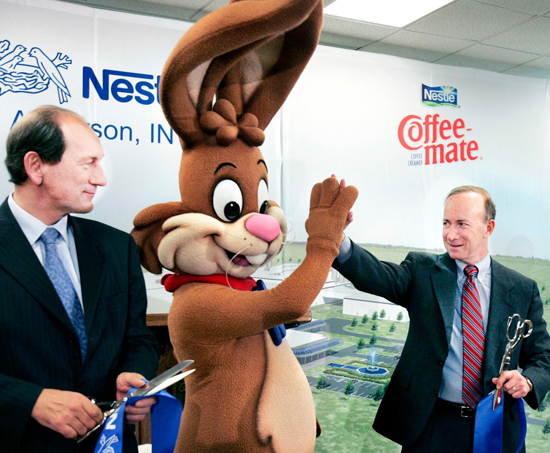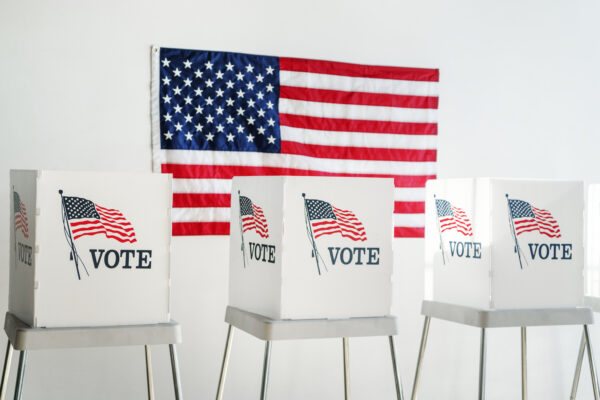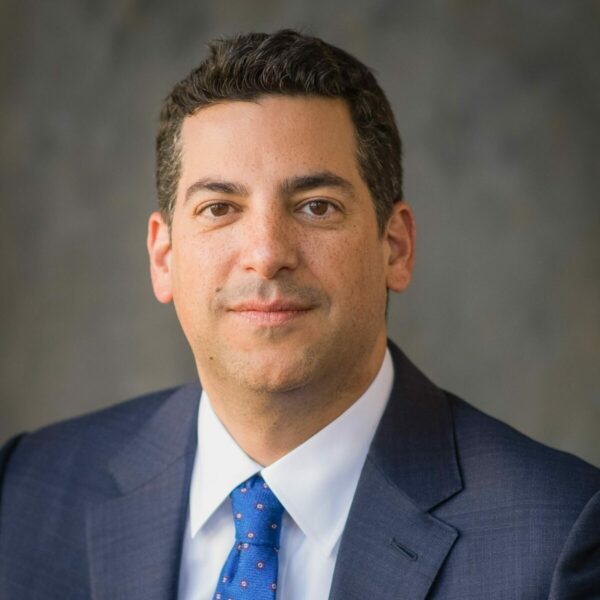It’s not just sports franchises: Tax incentives to lure companies tend to help politicians, but they don’t really make economic sense
By Emily Badger | The New York Times
 ear the bottom of the lengthy ballot San Francisco voters considered this [monh] in this state famous for its abundant and oddball ballot initiatives, Proposition I asked voters to establish a policy of not coveting other cities’ sports teams.
ear the bottom of the lengthy ballot San Francisco voters considered this [monh] in this state famous for its abundant and oddball ballot initiatives, Proposition I asked voters to establish a policy of not coveting other cities’ sports teams.
The measure was part apology for poaching the Golden State Warriors from Oakland, part declaration of city principles (“San Francisco Will Not Endorse or Condone the Relocation of Any Team With an Extensive History in Another Location”). Voters, who said yes to several tax increases, looked at this largely symbolic measure and voted “no.”
That result was perhaps predictable; coveting what others have is implicit city policy nearly everywhere. The doctrine explains why corporations are so successful at extracting tax breaks from competing communities, why sports teams know their relocation threats usually work, why Amazon’s HQ2 sweepstakes has prompted such a bloated bidding war.

Economists largely agree that it’s bad economic development policy for communities to give in to this impulse, one-upping one another with handouts. That’s money diverted from education or infrastructure, and it goes to companies and teams that would most likely make many of these moves anyway. After all, they have to locate somewhere. If no one were playing the incentive game, someone would get them free. Instead, everyone is spending lots of money shuffling these prizes around.
The more intriguing question, then, is not whether these deals make sense, but why politicians and voters are so keen on them.
“It’s a little baffling, given that there seems to be such consensus on these programs,” said Nathan Jensen, a professor at the University of Texas at Austin.
He and Edmund Malesky at Duke University argue in a new book that much of what’s going on here is pandering by politicians. Voters want jobs, which are hard to deliver. Ribbon cuttings and splashy announcements about, say, a new Foxconn factory in Wisconsin, a new Boeing plant in South Carolina or more Nestle jobs in Indiana are the most visible way to show action on an issue voters deeply care about.
“Just like you could with immigration blame immigrants for crime — because it’s popular, even if you don’t believe it’s true — you can use incentives as a way to take credit for economic development,” Mr. Jensen said. “Even if you know a company is coming anyway.”
The inverse is also true: Incentives help politicians deflect blame when a company bypasses them. At least they clearly tried.
In survey experiments, Mr. Jensen and Mr. Malesky have found that people are more likely to say they’d vote for a governor when told the official helped secure a hypothetical thousand-job manufacturing plant. Independent voters even prefer a governor who offers generous tax incentives to score such a plant over a governor who secures investment without ponying up. These results suggest that politicians pick up votes by offering giveaways, whether they land companies or not.
Mr. Jensen and Mr. Malesky have also found that directly elected mayors offer bigger incentives and demand less oversight of deals than indirectly elected city managers. In other words, the politicians most responsive to voters offer the most. That dynamic may help explain why even some public officials reluctant to bid on Amazon did so anyway.
“What mayor could afford to be tagged as not being active on jobs?” said Greg LeRoy, the executive director of the group Good Jobs First, which has fought against incentives. “In the fall of 2017, being active on jobs was defined as bidding for Amazon’s HQ2. Then how could you not?”
An Elon University poll conducted this spring of residents in 16 metro areas that are Amazon finalists found a striking amount of support for offering the company incentives. In Denver, 17 percent of people said the region should offer nothing. And that was the highest share of any metro. In nearly every community, more people said “we should offer as much as possible” than “we should not offer any financial incentives.”
The question wording didn’t present alternative uses of the money, but that’s not how incentives are typically framed to the public. Respondents across these cities who supported doing whatever it takes to lure Amazon cited the additional tax revenue and taxpayers they expected the community to get in exchange.
“Even in the most hostile communities for Amazon, like Denver and Austin, there’s still enough support that folks could run a campaign off of it,” said Jason Husser, the director of the Elon poll. In that poll and others, he said, voters don’t appear to be weighing the long-term costs of incentives (of, say, giving resources to companies and sports teams instead of schools). “They’re thinking about the prestige get, whether that’s an Amazon headquarters or a sports team,” Mr. Husser said.
Politicians dangle incentives because voters want them to. And voters want them to in large part because politicians say that incentives make a real difference. “The dirty big secret,” Mr. LeRoy said, “is that they don’t.”
Location decisions often ultimately turn on quirks like the C.E.O.’s personal preferences. And most companies, including sports franchises, have higher priorities than tax breaks. Amazon’s request for bids was full of them: a specialized labor force, a good transit network, an airport hub, major universities to produce workers and amenities to keep them.
Consultants once had to contact cities to obtain all of that information, said Chris Steele, who runs the North American practice for the location strategies firm Investment Consulting Associates. Now much of it is easily accessible in public data. By the time consultants reach out to cities today, they really only need to ask two questions they don’t already know the answers to: What real estate is available? And what incentives are you offering?
“It’s created an illusion that incentives are much more important in the process than they really are, and/or that it’s the only thing communities have left that they can actually do something about,” Mr. Steele said.
Incentive deals also often include “but for” clauses, statements companies sign pledging that they wouldn’t come to town, or create these jobs, but for the incentives. Those lines offer political cover, too. And they further perpetuate the public belief that communities have to keep entering these bidding wars.
In San Francisco, Allen Jones believes the solution, at least with sports teams, is for more cities to make a pledge like Proposition I. Mr. Jones, a longtime San Francisco resident, wrote the ballot initiative.
“San Francisco has no excuse for taking from our neighbors when we have so much,” he said. And not long ago, he points out, the city was on the losing end of one of these deals, when the 49ers left Candlestick Park for a new stadium 40 miles south in Santa Clara County.
“If we didn’t like it being done to us,” Mr. Jones said, “why are we doing it to someone else?”











